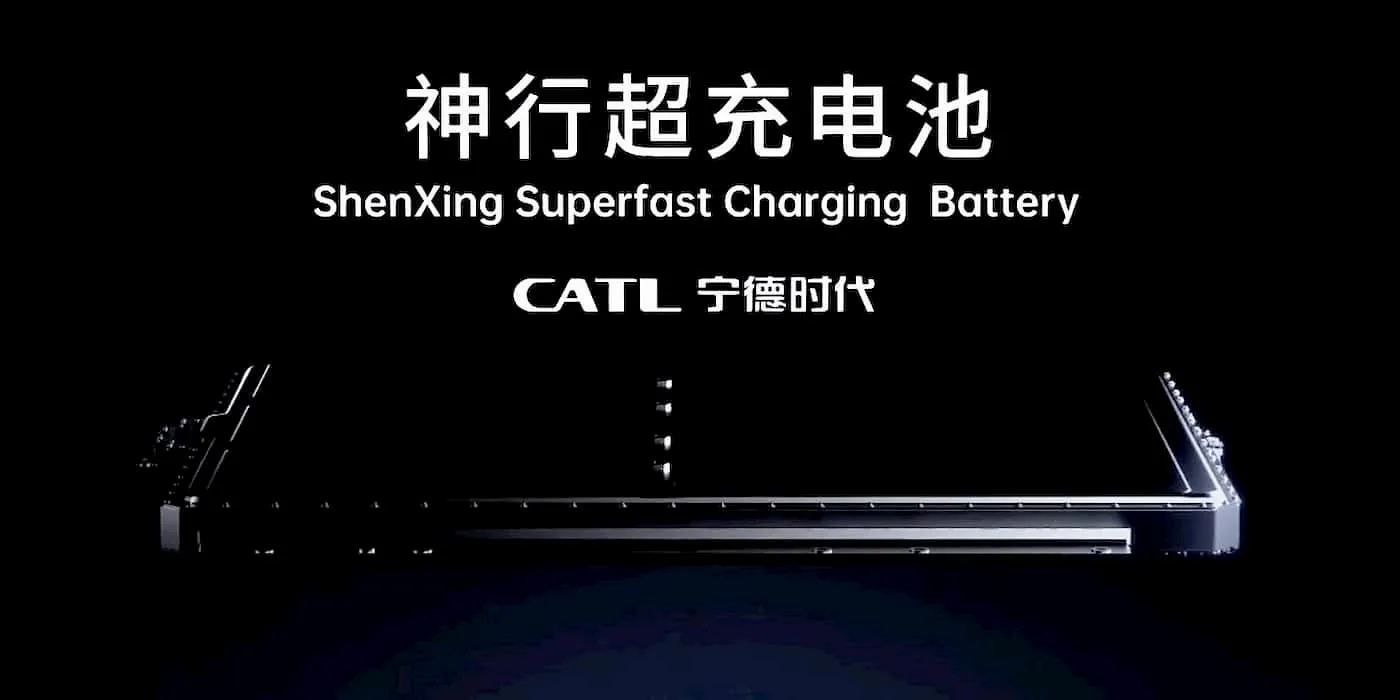Mere weeks after first revealing details of its new fast-charging ShenXing LFP battery technology CATL has shared some insight to where and when production will begin. Soon, CATL intends to move ShenXing battery production to two separate territories in Europe, but is being less candid about what local automakers might soon be adapting the long range batteries into their EVs.
CATL remains the undisputed leader in EV battery development, not only in China, where it is headquartered, but around the entire globe (more on that in a bit). It continues to show zero signs of slowing down either as it looks to maintain its crown in 2024 as the largest battery market share holder on the planet – a title it has already held for six straight years.
Its not just quantity, either.
Sure, that helps for title mentioned above, but CATL is also developing and even producing some of the more advanced battery tech out there. It’s energy dense Qilin batteries have begun rolling out within ZEEKR EVs out of China, and we’ve even seen the company look to the skies by developing cells to support all-electric aviation.
Add battery production and recycling facilities popping up around Europe and its easy to see why CATL remains the top dog. In August, the company introduced its latest development – a lithium-iron-phosphate (LFP) cell called ShenXing – capable of recouping 400km (249 miles) of range during a single, 10-minute fast charge.
During the IAA Mobility auto show in Munich this week, an executive from CATL shared an update on the progress of this new battery, which will be produced in Europe soon.
CATL ShenXing production to begin in China, Europe after
During Munich’s bi-annual auto show, CATL principal engineer Gao Pengfei told media that the company’s new ShenXing batteries will be produced at local plants in both Germany and Hungary. Before then however, mass-production will begin in China later this year.
The new fast-charging cells, which can deliver up to 700km (435 mi) of range, are expected to be implemented within EV models as early as 2024. As to what models from what automakers however, Gao would not say.
Gao did specifically mention current customers BMW and Tesla, stating that ShenXing cells offer competitive energy density at a lower cost than the nickel-manganese-cobalt (NMC) cylindrical cells currently being used.
Tesla especially has been closely tied to CATL, previously rumored to adopting the company’s M3P LFP cells in the recently announced Model 3 refresh. The American automaker has also been tied to a potential LFP plant in the US with CATL, again a mere rumor at this point.
For now, CATL’s ShenXing production will begin in China before expanding to those plants in Europe. Germany first as that site has been in operation since late 2022, but Hungary won’t complete construction for another two or three years.
Once those assembly lines are up and running, bet we get a much clearer picture about what EVs will be the first to utilize the technology. More to come.

